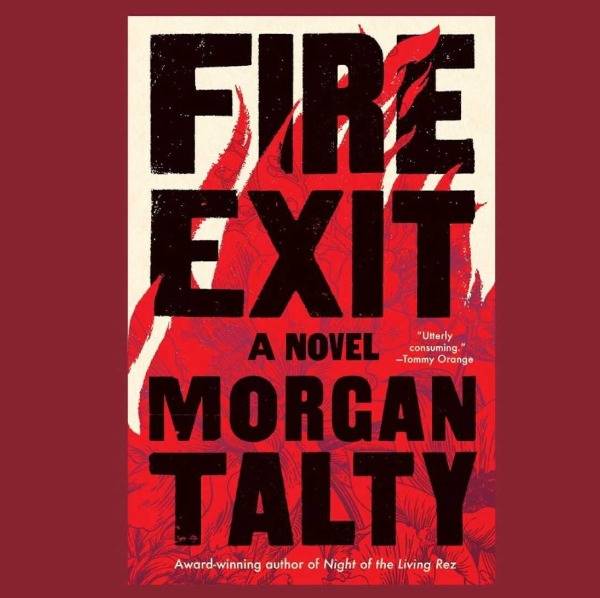
A Promised Land (Viking) by Barack Obama
The memoirs of American presidents ought to be riveting almost by definition. Anybody in a position to write one has known what it is to be Earth’s most powerful individual, which you’d reckon would endow some amount of philosophical insight. Most, however, are arrestingly dreary.
There are exceptions to this rule, though mostly from before the Second World War. Ulysses S. Grant’s Personal Memoirs, written hurriedly as cancer consumed him, and published by Mark Twain, is honest and wearily wise. But it is mostly about his military service and barely mentions his presidency – a job he doesn’t seem to have enjoyed much. Theodore Roosevelt’s autobiography contains some splendid yarns, and it’s impossible not to warm to the breezy swashbuckler recounting them, but the tone is crisply no-nonsense to the point that reading it feels a bit like being yelled at. Most more recent presidential memoirs are terrifically ponderous and dreary, likely a combination of their authors feeling compelled to observe some notion of statesmanlike gravitas and/or being fundamentally dull men; Jimmy Carter and Bill Clinton are particular offenders on this front.
So while Barack Obama faced a low bar as he first flexed his fingers above the keyboard, hopes for his memoir were nevertheless high. The 44th president can actually write. Before being elected, he was already the author of two books, the autobiography Dreams from My Father and the manifesto The Audacity of Hope, both of which suffered slightly from an intermittently heavy hand on the syrup ladle, a common flaw in tracts by American office-seekers, but both of which were engaging, thoughtful and occasionally funny.
A Promised Land brings all these virtues to bear on the fascinating tale of how and why America’s first black president sought and won the job, and what he did during his first few years in the Oval Office. This volume sets us up for at least one sequel by ending on Obama ordering the 2011 operation which killed Osama bin-Laden in his Abbottabad hideout (in an aside that he must have been glad didn’t leak during 2020’s election campaign, he discloses that Joe Biden, then vice-president, opposed the raid). In the preface, Obama writes, “Where possible, I wanted to offer readers a sense of what it’s like to be the President of the United States.”
On that score, he succeeds admirably. Some of the most purely enjoyable stretches of A Promised Land are those in which he describes the surreal weeks immediately following inauguration, as Obama and his family become accustomed to the privileges and restrictions of their new accommodation. These details provide a wry counterbalance to the testing political circumstances in which Obama immediately found himself: the aftermath of the 2008 financial crisis. Reflecting on these events, Obama – not for the last time in the book – is commendably willing to admit doubt. He is proud of what his team accomplished in righting the economy, but still wonders if they could have leveraged the moment to impose more revolutionary change.
This humility is unusual in a political memoir. It is probably, if perhaps counter-intuitively, a product of self-confidence, never a quality Obama seems to have lacked as a person or a politician, and certainly not as an author. In some parts of A Promised Land, you can all but hear him chuckling, especially in the sketches of his fellow world leaders: it seems, on balance, unlikely that the Obama mantlepiece was adorned, this past Christmas, by a card from President Nicolas Sarkozy of France (“he was about five foot five but wore lifts in his shoes. . . he looked like a figure out of a Toulouse-Lautrec painting”).
Readers who start A Promised Land at the “Trump, Donald” section of the index will find an account of Obama’s exasperation and bemusement at Trump’s early propagation of the idiotic and flagrantly racist conspiracy theory concerning Obama’s birthplace – and, therefore, eligibility for the presidency. Obama seems, on reflection, unsure whether he failed to take Trump seriously enough, or – in finally releasing his long-form birth certificate – took him far more seriously than he deserved. The infuriating answer is probably “both”.
The next volume will doubtless discuss Trump’s rise at greater length, but hopefully not overly so. If it’s anything like A Promised Land, then it, too, will serve as a valuable first-hand account of the possibilities of political office – as well, crucially, as the frustrations, these magnified by the power of the particular office Obama held. In the field of presidential memoirs, it may be a pinnacle. It will certainly, and by an order of magnitude, be of greater value than anything that might result when Obama’s successor puts crayon to paper.
This article is from the New Humanist spring 2021 edition. Subscribe today.

